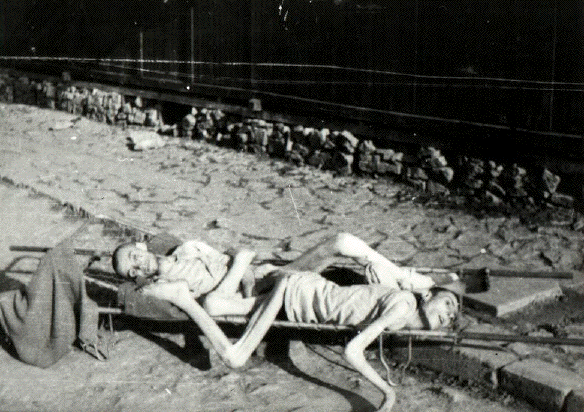One of the earliest examples of a
false story about the Holocaust was a book called Fragments: Memories Of
A Wartime Childhood, published by a musician called Binjamin
Wilkomirski in Germany in 1995.
Like
so many of his fellow fabricators, Wilkomirski kept his account of life
in camps such as Auschwitz and Majdanek vague, and presented his
experiences — as the book’s title suggests — in a very fragmentary way.
Shocking
and powerful, as Holocaust memoirs tend to be, the book was critically
acclaimed by academics and the public alike, and sold in at least 11
countries.
However, in
1998, Wilkomirski was exposed as a liar by a Swiss journalist, who
revealed the author had been nowhere near the camps; that he was in fact
called Bruno Grosjean, and had been raised in an orphanage.
After
the exposure of Fragments, one might have hoped publishers would have
taken more care in vetting manuscripts, but this has not proved to be
the case.
After all, the
Nineties were the decade in which ‘misery memoirs’ became fashionable,
and a Holocaust tale is the ultimate misery memoir. ***Read article at Daily Mail***


1 comment:
MMMM I had a ball reposting this particular crock! Interesting that the only reason Jews are concerned is that such outrageous claims look bad when compared to the rest of their blatant lies.
But the fact that MAINSTREAM MEDIA even posted a germ of doubt in the minds of its readers is rather amazing however.
Post a Comment